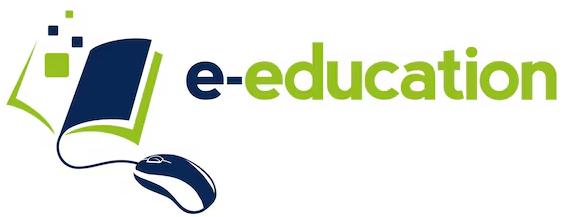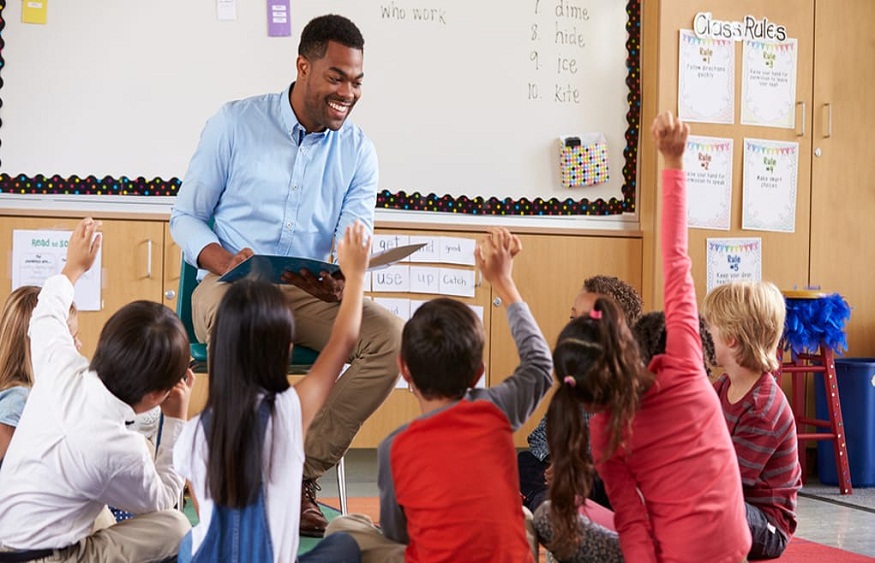Learning lessons and memorizing them in the long term is the puzzle that many students face. At Acadomia, the experience of the teachers allows them to provide their students with the essential method points for learning effectively.
How to learn your lessons
Learn your lessons better: advance preparation in class
This step should not be neglected, quite the contrary. In primary and early secondary school, some teachers are in the habit of saying that an attentive student has completed 80% of their learning.
For more advanced levels, as the cognitive load increases, simple attention is not enough: additional sessions in study or at home must be added.
What is attention? It is the ability to mobilize all of one’s resources for a specific purpose. Here, understanding and retaining course elements over the long term.
To take an example, a musician will do everything to play his score in the most accurate way: he will therefore be vigilant in his reading of the score, in the way he places his fingers on his instrument and in listening to what he is playing. All this trains his attention.
So, in class, the student’s attention should consist of:
mobilize your gaze , visually following what is proposed;
mobilize his ears , by listening to the information given orally by his teacher, what is broadcast;
mobilize your hand , by writing or faithfully reproducing the written trace of the course, or by carrying out an exercise, a map, etc.;
mobilize one’s intelligence finally, by trying to give meaning to what is taught, even if it means asking questions, having things reformulated, in short, by actively participating in the course.
That’s a lot of tasks at once: so it’s better to say goodbye to anything that can distract your attention. No more chatter and other distractions that take up part of your resources and therefore prevent you from being fully engaged in the knowledge and skills taught.
Whether in the center during group lessons or at home, Acadomia professionals are very attentive to the working environment of their pupils and students.
1/ Be calm
It cannot be said enough, but having a noisy background sound or video (TV on) does not promote quality memorization. There are too many stimuli (as well as temptations to turn away from the initial task).
2/ Have a dedicated workspace
Whether you are more comfortable learning your lessons outdoors or indoors, it is important to carefully sequence the uses of the places you frequent.
If you have your own office, you don’t do anything else there at the same time. The same goes for the living room sofa: other family members should limit “parasitic” activities as much as possible.
3/ Get into working position
It may happen that, returning from a sports activity or an outing with friends, the student is not entirely ready to give his all in learning his lessons.
Here’s a little secret to refocusing better: do some deep breathing exercises. Close your eyes and take a deep breath in through your nose. Exhale slowly through your mouth. Repeat at least 3 times until you are completely relaxed and your mind is free of everything that was cluttering it.
4/ Get support if necessary
Some children are fully autonomous in their learning. Others, much less so. It is therefore necessary for an adult to make themselves available to be at their side. This reassures and shows that we are interested in what they are doing.
For older people, the presence of a companion outside the family can also be beneficial for working on the young person’s self-confidence. In any case, encouragement and other positive words can only be beneficial: the serotonin released in the brain accentuates and strengthens neuronal connections.


